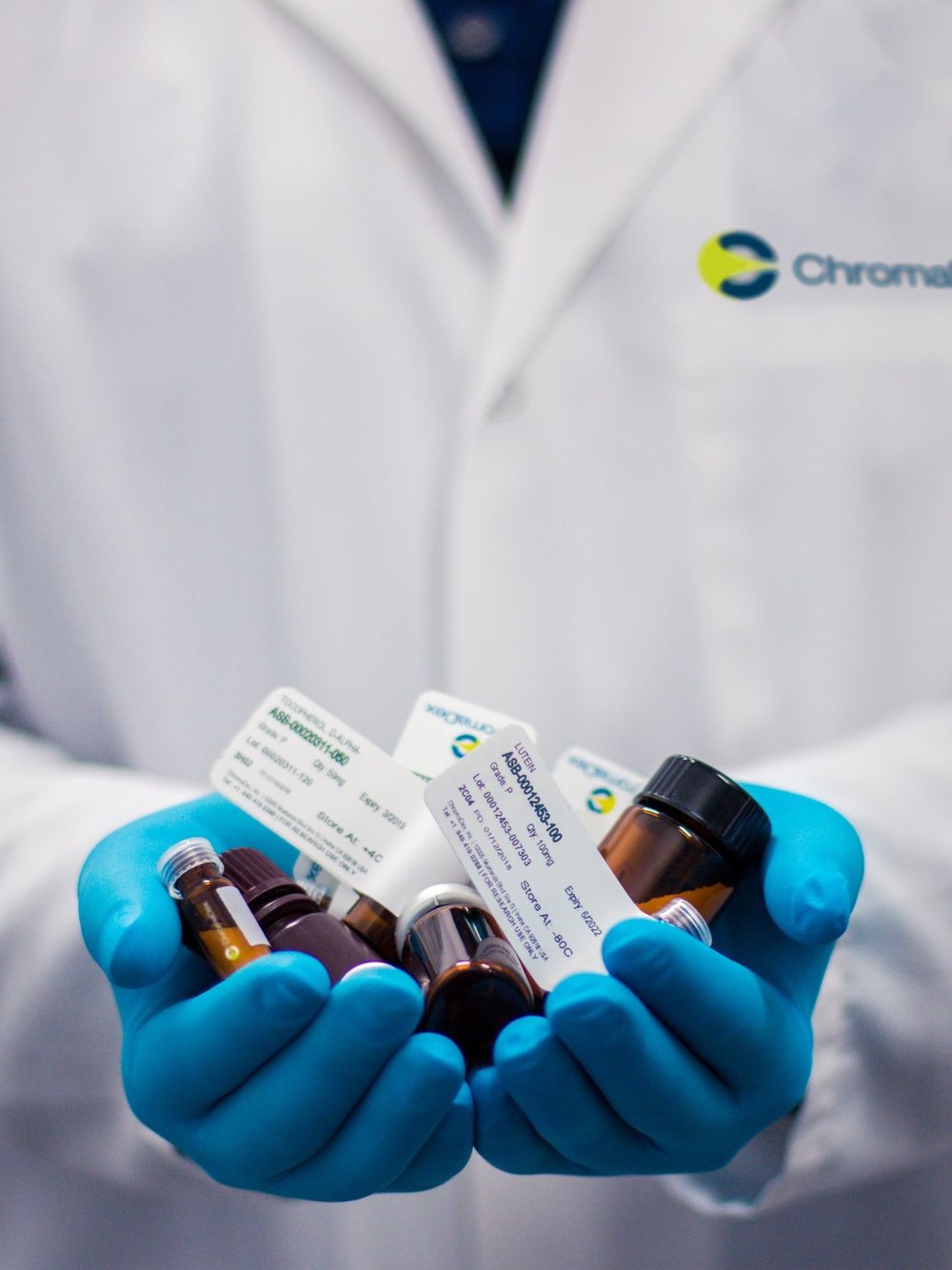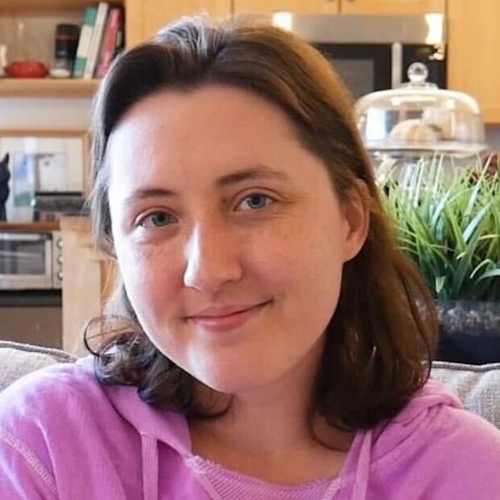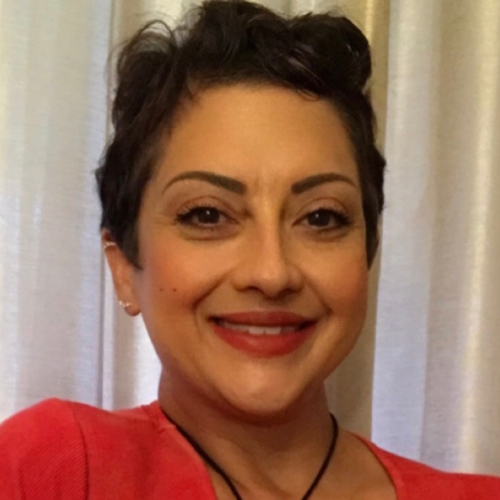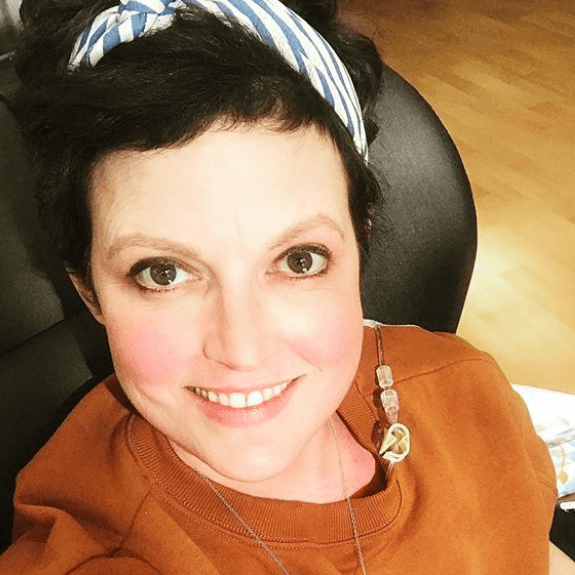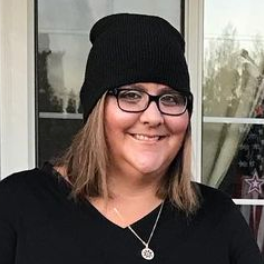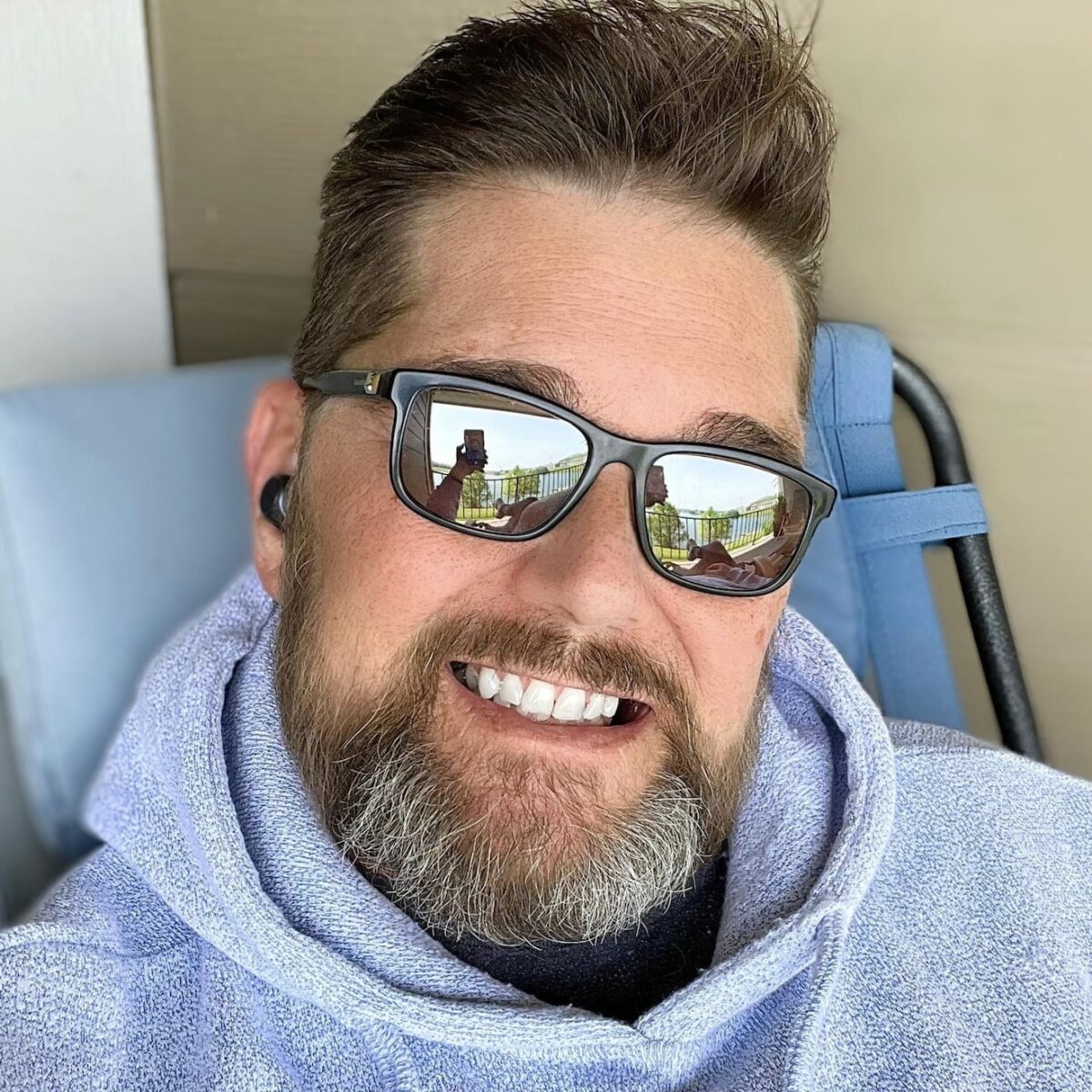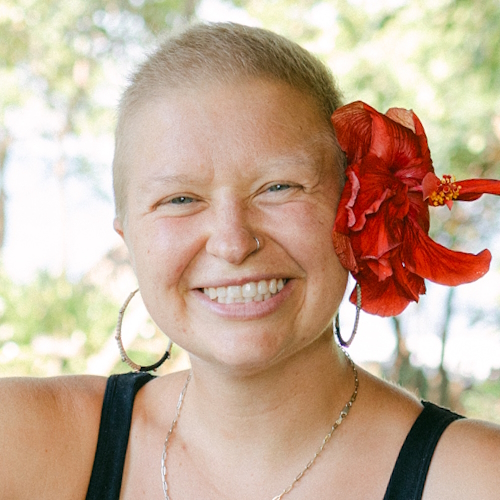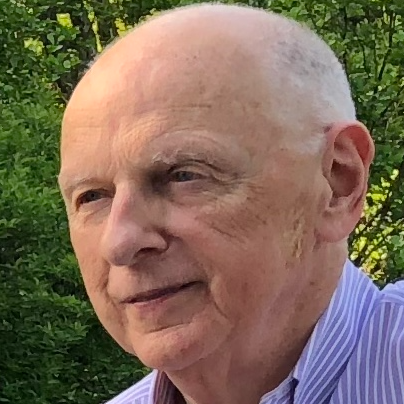Hormone Therapy FAQ
Cancer Treatment
Stories
Hormone therapy is also known as hormonal therapy, hormone treatment, or endocrine therapy. It is used to either slow or stop the growth of cancers that grow using hormones.
Below, find answers to popular hormone therapy questions and experiences of hormone therapy shared by The Patient Story community.
General Hormone Therapy FAQ
Hormone therapy as cancer treatment
There are two primary ways doctors use hormone therapy in cancer treatment.
- Treat cancer: Using hormone therapy to stop or slow cancer growth, reduce chances cancer will return
- Alleviate cancer symptoms: Using hormone therapy to either cut down or completely prevent symptoms in certain cancers like prostate, where patients are unable to use radiation therapy or surgery.
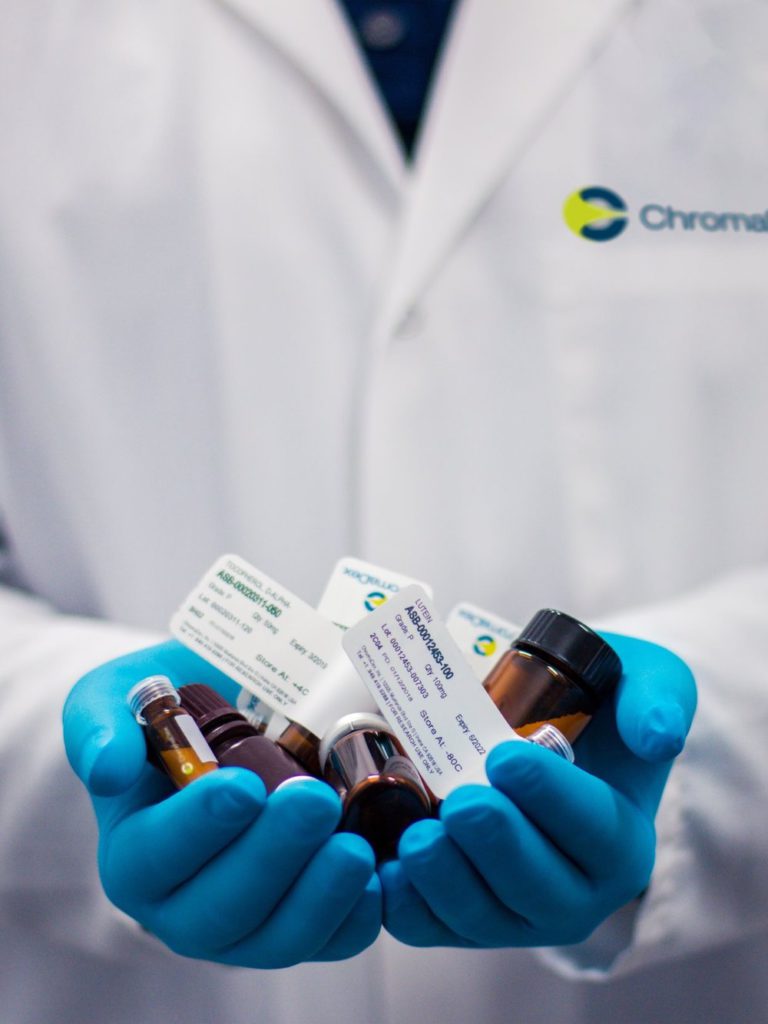
Different kinds of hormone therapy
There are two main categories of hormone therapy:
- Blocking the body’s ability to produce hormones
- Disrupting how hormones act or behave in the body
Most commonly treated cancers
Hormone therapy is effective against cancers that use hormones to grow, including breast cancer and prostate cancer.
Hormone therapy used with other cancer treatments
It’s usually used alongside other cancer treatments, which depends on the cancer type, stage, whether there’s metastasis (spread to other areas), and general health issues.
When hormone therapy is combined with other treatments, it’s known as:
- Neo-adjuvant therapy: Shrink a tumor before radiation therapy or surgery.
- Adjuvant therapy: Decrease the risk that the cancer will return after the main part of treatment.
- Destroy the cancer cells that have either spread to other places in your body (metastasis) or that have returned (in relapse or recurrence).
Hormone therapy side effects
As with other cancer treatment types, there are common side effects as a result of hormone therapy.
The way hormone therapy blocks the body’s ability to create hormones or disrupts hormone behavior, it leads to side effects. The kind and severity of the side effects depend on different factors, especially because everyone’s body and experience is different.
Prostate cancer hormone therapy side effects
Common side effects for men on hormone therapy for prostate cancer treatment include:
- Nausea
- Fatigue
- Diarrhea
- Hot flashes
- Weakened bones
- Loss of interest in or ability to have sex
- Tender and enlarged breasts
Breast cancer hormone therapy side effects
Common side effects for women on hormone therapy for breast cancer treatment include:
- Nausea
- Fatigue
- Hot flashes
- Mood changes
- Changes in menstrual cycle if before menopause
- Loss of interest in sex
Hormone Therapy Stories and Experiences
Here are different experiences with hormone therapies, as described by our TPS community members.
Arimidex (anastrozole)
Samantha L., IDC, Stage 4, ER+ PR+ HER2+
Symptom: Lump in the breast
Treatments: Chemotherapy, surgeries, radiation, hormone therapy, targeted therapy
...
Renée F., Stage 2 Metastatic
Symptoms: Breast shaped differently, dimple in breast, flat nipple
Treatment: Chemotherapy, mastectomy
...
Bethany W., Metastatic Breast Cancer
Symptom: Lower back pain
Treatments: Chemotherapy, radiation, maintenance treatment
...
Alison R., Partially Differentiated DCIS, Stage 4 Metastatic
Symptom: Lump in underarm/breast
Treatments: Chemotherapy, surgery, radiation, targeted therapy
...
Monica H., IDC, Stage 2B & Undifferentiated Pleomorphic Sarcoma
Symptoms: Tightness and lump in left breast
Treatments: Chemotherapy, radiation, surgery
...
Lupron (leuprorelin)
Lonnie V., Prostate Cancer, Stage 4
Symptoms: Urination issues, general body pain, severe lower body pain
Treatments: Hormone therapy, targeted therapy (through clinical trial), radiation
...
Kelsey H., Stage 2B, ER+
Symptom: Slightly tender lump
Treatment: Chemotherapy (Adriamycin, cyclophosphamide, Taxol switched to Abraxane), surgery (double mastectomy with axillary lymph node chain removal), radiation, selective estrogen receptor modulator (tamoxifen), CDK inhibitor (Verzenio), GnRH agonist (Lupron)
...
Dennis G., Prostate Cancer, Gleason 9 (Contained)
Symptoms: Urinating more frequently middle of night, slower urine flow
Treatments: Radical prostatectomy (surgery), salvage radiation, hormone therapy (Lupron)
...
Bruce M., Prostate Cancer, Stage 4A, Gleason 8/9
Symptom: Urination changes
Treatments: Radical prostatectomy (surgery), salvage radiation, hormone therapy (Casodex & Lupron)
...
Brandi B., Ewing Sarcoma (Soft Tissue), Stage 1B
Symptoms: Extreme fatigue, lump in pelvic area
Treatments: 17 cycles of chemotherapy in-patient at hospital with (leg-sparing) surgery in between
...
References:
- cancer.gov/about-cancer/treatment/types/hormone-therapy
